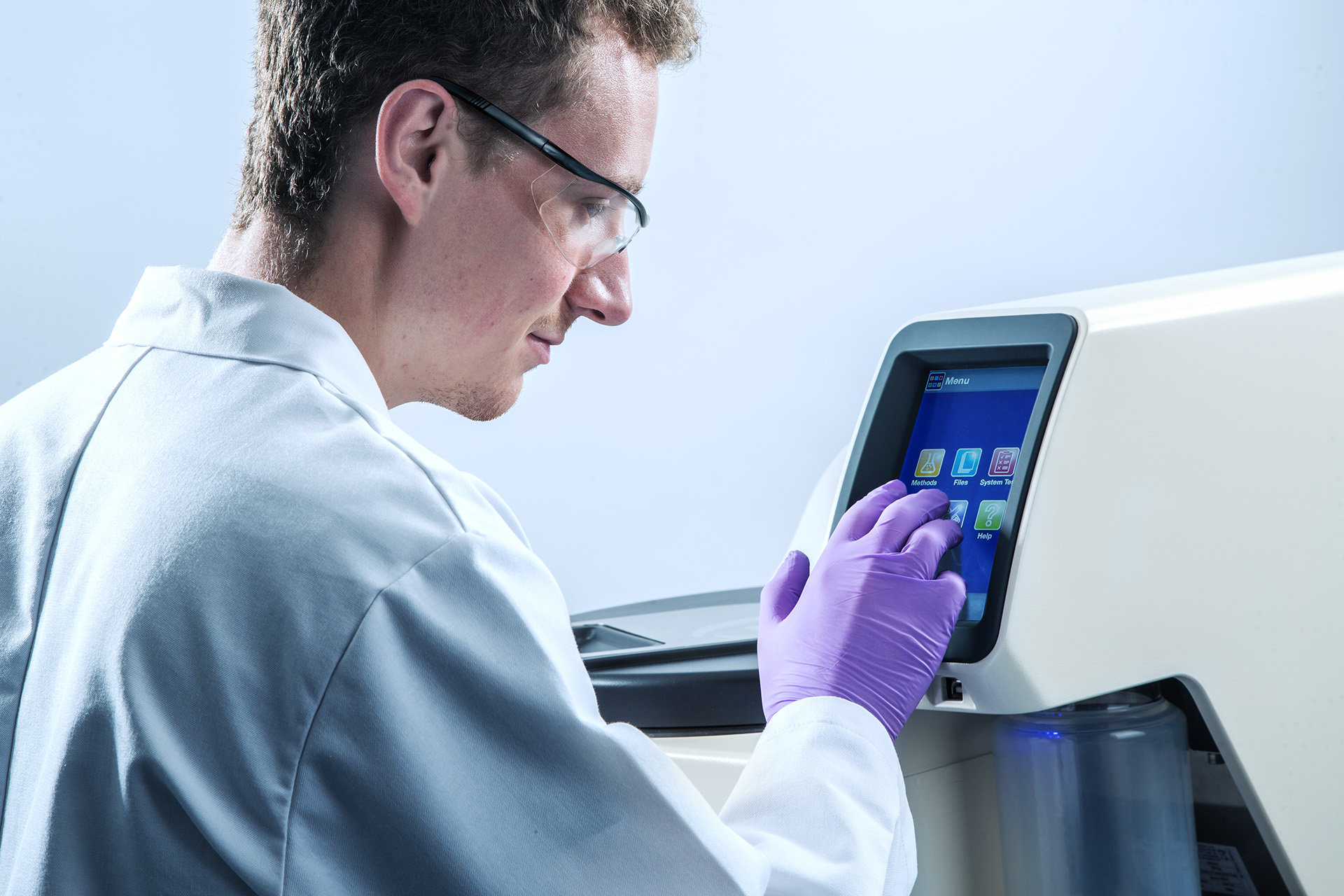Lyophilization is an effective approach to improve the storage stability of nanomedicines. The freezing step of the lyophilization process can impact nanoparticle stability due to increased particle concentration in the freeze-concentrate. Controlled ice nucleation is a technique to achieve uniform ice crystal formation between vials in the same batch and has attracted increasing attention in pharmaceutical industry. We investigated the impact of controlled ice nucleation on three types of nanoparticles: solid lipid nanoparticles (SLNs), polymeric nanoparticles (PNs), and liposomes. Freezing conditions with different ice nucleation temperatures or freezing rates were employed for freeze-drying all formulations. Both in-process stability and storage stability up to 6 months of all formulations were assessed. Compared with spontaneous ice nucleation, controlled ice nucleation did not cause significant differences in residual moisture and particle size of freeze-dried nanoparticles. The residence time in the freeze-concentrate was a more critical factor influencing the stability of nanoparticles than the ice nucleation temperature.
Xiuling Lu, Professor at the University of Connecticut, Associate Director of Center for Pharmaceutical Processing Research, Past Chair of the National Institute for Pharmaceutical Technology & Education, received her Ph.D. in Biochemical Engineering from the Chinese Academy of Sciences. She was appointed as a Research Assistant Professor at the University of North Carolina at Chapel Hill from 2008 to 2011 prior to joining the School of Pharmacy at the University of Connecticut. Dr. Lu is newly elected as the American Association of Pharmaceutical Sciences (AAPS) Fellow in 2023. Dr. Lu has been working on nanoparticle freeze-drying since 2018, in collaboration with Dr. Michael Pikal at beginning and then Dr. Robin Bogner for the past years.
Speaker
Xiuling Lu, PhD
Associate Professor, University of Connecticut & Associate Director, CPPR











